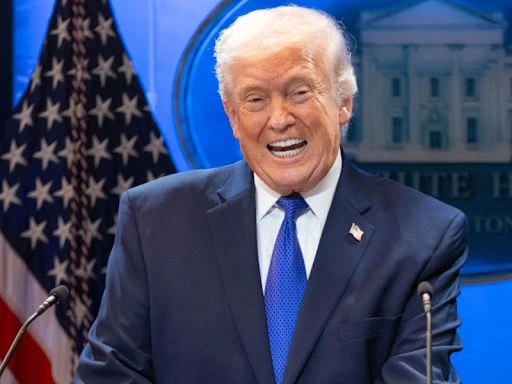18 -AUG-2025,03:55PM
Polio continues to remain a public health challenge in Pakistan, despite years of vaccination campaigns and global eradication efforts. In the latest update, health authorities have confirmed two new cases of the crippling disease, taking the country’s total count in 2025 to 21. The rising number of cases has once again highlighted gaps in vaccination coverage, public awareness, and healthcare infrastructure, raising serious concerns for both national and international health organizations.
Polio Situation in Pakistan in 2025
The two new cases detected in Pak add to an already worrying trend. With 21 confirmed cases this year, the country continues to face setbacks in its fight against polio. Experts have warned that if preventive measures are not strengthened, the virus could spread further in vulnerable communities, undoing years of progress.
Why Pakistan Struggles with Polio Eradication
While most of the world has eliminated polio, Pakistan—along with Afghanistan—remains one of the last strongholds of the disease. Several reasons contribute to this:
-
Vaccination resistance: Misinformation and distrust in vaccination campaigns often lead to refusal by families.
-
Remote geographies: Certain rural and tribal areas are difficult for health workers to access.
-
Security challenges: Attacks on health teams in past years have slowed down vaccination drives.
-
Population density and mobility: Large-scale migration and urban slums make tracking and vaccination more difficult.
Global Concerns About Polio in Pakistan
International Repercussions of Rising Polio Cases
The growing number of polio cases in Pakistan is not just a national issue but a global concern. The World Health Organization (WHO) has repeatedly urged Pakistan to intensify its vaccination campaigns to prevent cross-border transmission. Countries with frequent travel links to
Travel Restrictions and Monitoring
In the past, international bodies have imposed travel restrictions on Pakistan due to polio risks. Passengers traveling abroad have often been required to show proof of vaccination. With the new surge in cases, there is increasing speculation that such measures could be tightened again in 2025.
Government Response in Pakistan
Steps Taken by Authorities
The government of Pakistan has reaffirmed its commitment to eradicating polio through nationwide immunization drives. Special teams have been deployed to high-risk areas, and health authorities are engaging local community leaders to build trust and encourage vaccination.
Challenges on the Ground
Despite these measures, challenges remain. Rural communities in provinces like Khyber Pakhtunkhwa and Balochistan continue to report the highest resistance to vaccination.
The Role of International Organizations
WHO and UNICEF Support in Pakistan
Organizations like WHO and UNICEF continue to play a crucial role in supporting Pak’s efforts. They provide funding, training, and logistical assistance to ensure vaccination campaigns are carried out effectively. Mobile vaccination teams, awareness programs, and health monitoring systems are being strengthened with international cooperation.
Future Outlook: Can Pakistan Eliminate Polio by 2030?
Health experts are divided on whether Pakistan can achieve complete eradication in the coming years. While the government remains optimistic, the rising number of cases in 2025 indicates that the road ahead is challenging. Unless consistent vaccination coverage is achieved across all provinces, the virus may continue to resurface.
What Needs to Change?
For Pakistan to eliminate polio, the following measures are critical:
-
Stronger awareness campaigns against misinformation.
-
Enhanced security for health workers in sensitive regions.
-
Greater investment in rural healthcare infrastructure.
-
International cooperation to ensure vaccine supply and monitoring.
Conclusion
The confirmation of two new polio cases, raising the total to 21 in 2025, is a stark reminder that Pakistan is still fighting an uphill battle against the virus. While significant efforts are being made by both the government and international partners, recurring outbreaks highlight the urgent need for stronger community engagement and effective vaccination drives.
Source : ANI





